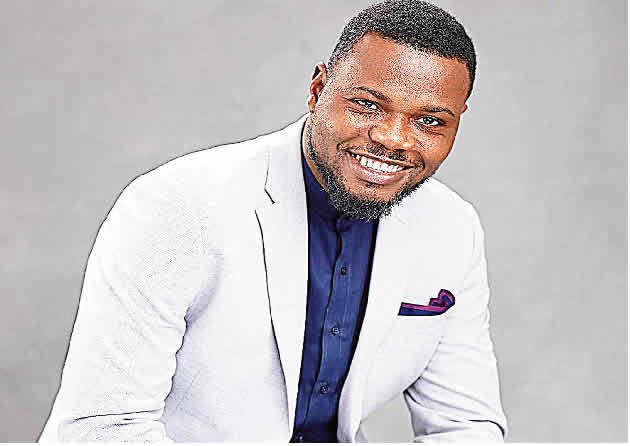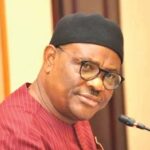
How did your journey into stardom begin?
I have been doing music on the low before my major song broke out. I was a backup singer from my university days. My first professional job to sing at an event was in 1997 and I was paid for it.
I went to law school and finished in 2000, was called to the bar in 2003. After that I participated in the compulsory one-year National Youth Service Corps scheme and moved to the studio upon completion of the programme. On February 14, 2005, my song was on air and people kept asking for a replay. I had no idea it would get this big, though I knew people liked it. Thereafter, I was invited to weddings and events. Every Saturday I’m at one event or the other. The rest they say is history.
What song brought you into the limelight?
I didn’t start out trying to be a star, I just wanted to do music and I guess the reward for that is fame. On a Saturday afternoon, I was on the keyboard and a song came to me. I felt it sounded good so I developed it and recorded it. People liked the songs on the album but Olomi was that one song everyone liked.
What motivated you to become a musician?
When Olomi was released, I decided to go for music. It was a natural transition for me. In addition, the joy and feedback I get from people whenever I sing strikes a chord and memories. It’s basically the testimonials I get from them.
How would you describe your style of music?
I have a problem with describing my style of music because I feel I’m not in the best place to do that. I have been blessed to express myself in more than one genre of music so I struggle to say I’m this kind of artiste. I’m a believer and I won’t do any music that will not glorify God. Also, I’m a socially conscious person so I sing about matters arising in my state. Whichever genre one wishes to categorise my music, all I do is express myself and values through the songs I do. My kind of music is between R&B, urban-contemporary, highlife, folk, and gospel music.
Why did you choose the music genres?
It’s natural to me. My stance is to be true to myself. I choose to be authentic and not to do music because of its acceptability or for the gains. I call myself a music scientist because I’m experimental with sounds. I mix different sounds/beats to create my own music. Thanks to my mum who had the evergreen tapes at home. The music and my upbringing influenced my kind of music.
What are some of the challenges you faced?
Sometimes I wish my music came out at the time the Internet took over. I would have got more material reward from my music and it would have been a lot bigger and better. But I’m grateful for the opportunities music gave me. On the other hand, I suffered some prejudice by people who felt I wasn’t Christian enough because I sing love songs. They didn’t accept me as a music minister. I could have expressed myself more on church platforms but I was limited to weddings.
What other things do you do apart from music?
I pastor a church in Lagos. Also, I’m a big fan of Nollywood and most people don’t know that. On Sundays after church, I sit with family and friends to watch Nollywood movies on Netflix and Amazon. I had a few strings with acting and I would love to express myself more in acting and writing excellent grand music scores. I write songs with a little bit of storytelling and would love to do more of that.
What is your advice to up-and-coming artistes?
They should be true to themselves. Their convictions should propel them to make whatever sacrifice they need to succeed. Their challenges will become the pen for them to write great music that will change the world. They should do music for a higher reason than fame or money. They must also try not to get distracted because music is bigger than what they think it is.





